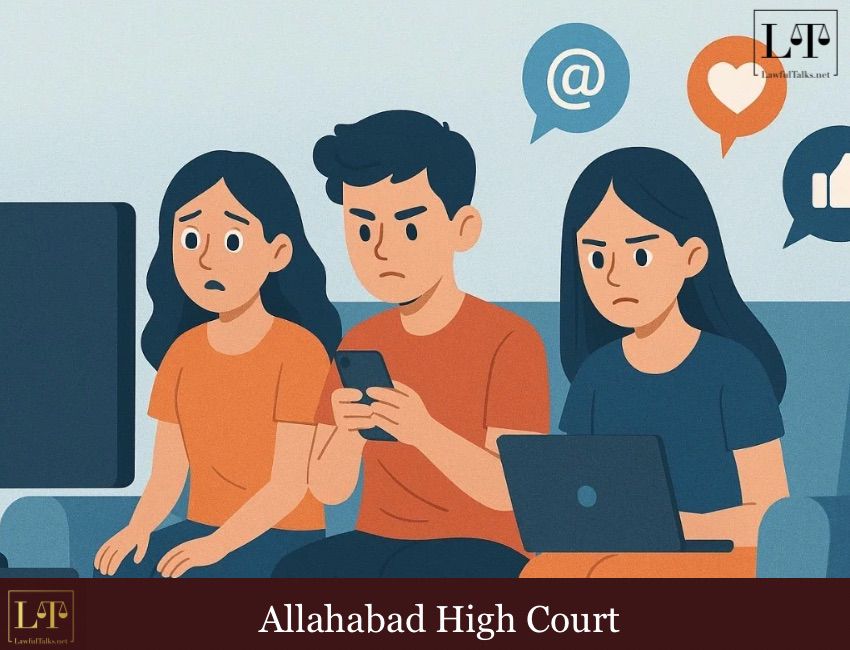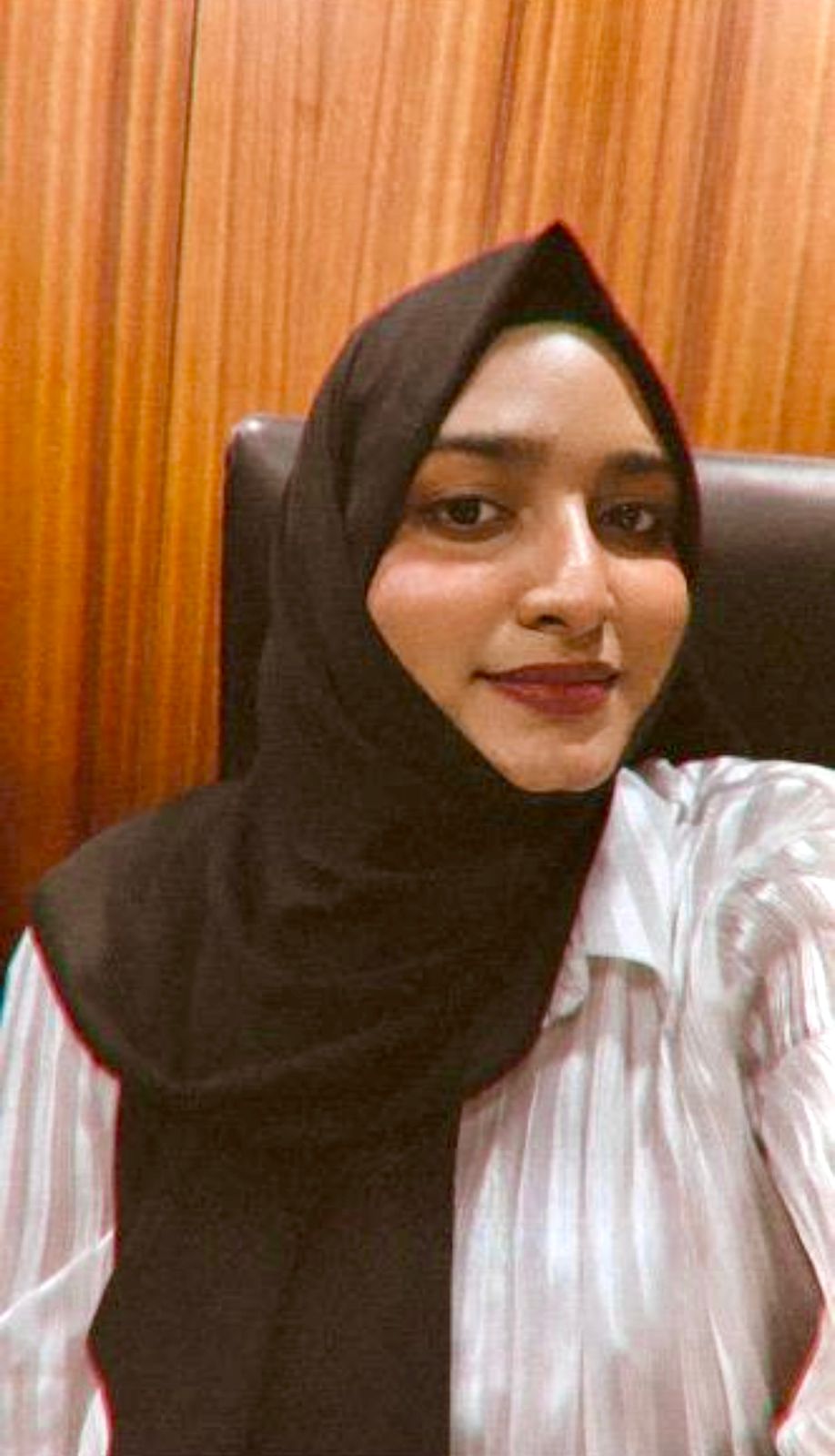Allahabad HC Sets Aside Afzal Ansari's Conviction, Allows Him to Continue as MP

The Allahabad High Court has recently raised significant concerns regarding the alarming impact of television, the internet, and social media on young, adolescent minds. The court’s observation was in response to a criminal revision that was filed by a juvenile who sought to contest an order of the Juvenile Justice Board and the Prevention of children from sexual offences (POCSO) Court in Kaushambi.

The board and the POSCO Court had issued orders for his trial as an adult regarding allegations of consensual physical bior with a minor girl.
Assessing this order, the single bench of Justice Siddharth noted, "There is nothing on record to indicate that the revisionist is a predator on the prowl and is prone to repeating the offence without any provocation…Merely because he committed a heinous crime he cannot be put to par with an adult when his social exposure was also found to be deficient by the psychologist."
The bench highlighted that these platforms lead to a "loss of their innocence at a very early and tender age" and expressed doubt over the government's ability to regulate their influence due to the uncontrollable nature of these technologies.
Reviewing the plea the judge also referred to a psychological assessment report that mentioned that the revisionist was a 16 year old but had an IQ of 66. This prompted the judge to observe that,
"This court finds that the report of the psychologist was in favour of the revisionist. In the report it was clearly mentioned that the mental age of a revisionist was six years only when he was above 16 years of age…From the BKT IQ categories…the revisionist with a score of 62 comes in the borderline category which is even below the category of low / below average".
Additionally, the bench also factored in the report of a Seguin Form Board test, (psychological test used to assess intellectual functioning and psycho motor skills). As per the assessment, he showed a mental age of just six years. The report also mentioned that the juvenile showed poor academic performance and his social interaction parameters were also poor.
The court determined that when the revisionist engaged in physical interaction with the victim, he was around 14 years old. It was also noted that the decision regarding any medical intervention was not solely his, but a group decision.
Importantly, the court made it clear that the Juvenile Justice Board must undertake a comprehensive "preliminary assessment" as mandated by Section 15 of the Juvenile Justice Act, considering several critical factors such as mental capacity and understanding the consequences of one's actions.
Despite the gravity of the charges, the judge pointed out that the mere commission of a serious offense does not inherently justify treating a juvenile as an adult. The ruling underlined that the courts below had not properly considered the psychological assessment.
In conclusion, Justice Siddharth remarked, "The 'Nirbhaya case' was an exception and not a general rule and all juveniles cannot be subjected and tried like adults without proper consideration of the overall social and psychological effects on their psyche."
The court subsequently set aside the earlier orders, deeming them unjustified and insufficient.
The bench also highlighted that social media platforms lead to a "loss of their innocence at a very early and tender age" and expressed doubt over the government's ability to regulate their influence due to the uncontrollable nature of these technologies.
Conclusively, it was decided that the juvenile should be tried within the juvenile system.
Case Details:Juvenile X vs. State Of U.P. And 3 Others

Anam Sayyed
4th Year, Law Student
Latest Posts
Categories
- International News 19 Posts
- Supreme Court 352 Posts
- High Courts 366 Posts




























































































































































































































































































































































































































































































































































































































































































































































